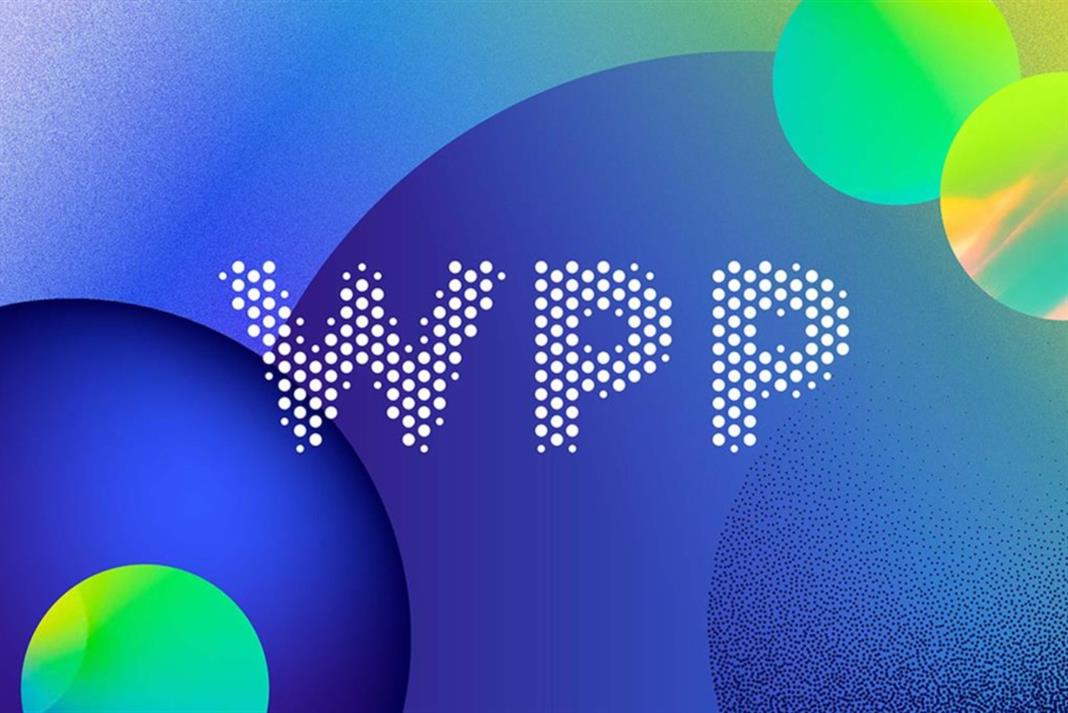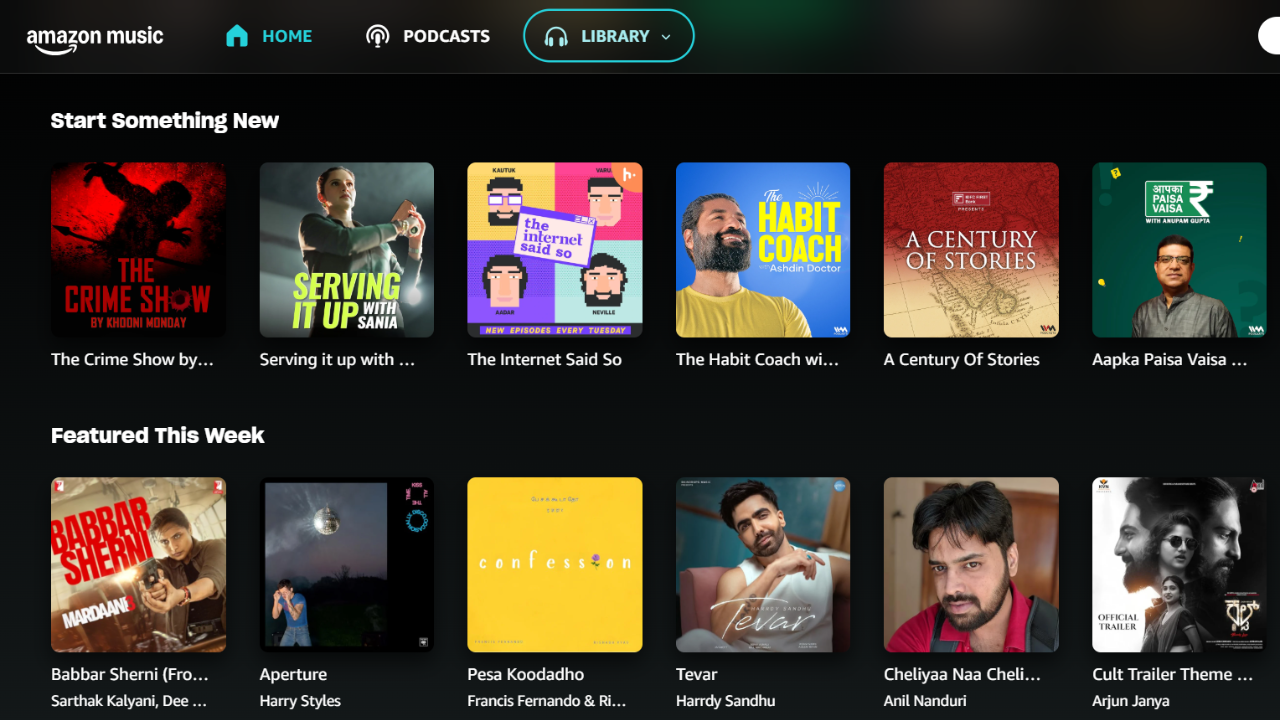WPP has set out a commitment to net zero carbon emissions across its own operations by 2025 and throughout its supply chain, including media, by 2030. The agency network, which manages more than $60bn media spend on behalf of clients, including Ford, used Earth Day as a platform for its announcement.
Two-thirds of its top clients, the network says, have already committed to set their own science-based reduction targets, and WPP is ready to “play an important role in helping them to meet those targets”, said Mark Read, WPP’s chief executive.
To achieve the first target, WPP’s electricity will be 100% renewably sourced by 2025. The second target, which encompasses the placement of ads, will involve WPP working through Group M with media partners to develop industry-wide standards for the measurement and elimination of carbon emitted from the placement of ads.
Read said: “When we looked at our carbon footprint in the broadest possible sense, only 2% of our five-and-a-half million tonnes of CO2 equivalent was making and buying things directly under our control, and 98% is our broader impact.”
That includes media, which makes up about 55% of the total, and production, which is about 14%, he said.
“To have an impact, we need to tackle media, and we need to tackle production: there needs to be a collaborative effort across the whole industry, between agency groups, and clients, and media production companies.”
WPP has been making strides towards net zero for some time, as a founding member of the Advertising Association’s Ad Net Zero movement, and having purchased 65% of its electricity from renewable sources in 2020, including 100% of electricity bought in the US, UK, Canada and most of Europe. However, the extension of net zero targets to include the media and production supply chain is being claimed as an industry first.
“In media terms, it comes down to the hard work of figuring out what carbon is emitted by clicking on a video on YouTube, or a piece of outdoor, particularly as it becomes more digital, or indeed a newspaper or print magazine, so understanding that and working with partners to reduce it over the next nine years," Read said.
WPP acknowledges that many of its media partners, including Facebook and Google, have made their own commitments to reach net zero by 2030, while Microsoft has gone further with a pledge to be net positive.
“So we can be confident that many of our media partners will meet those targets by 2030,” Read said. “This will be a way of encouraging others to do the same thing, and those companies that are more aggressive in reducing their carbon impact will benefit over time.”




